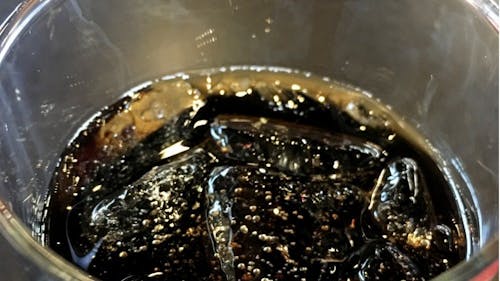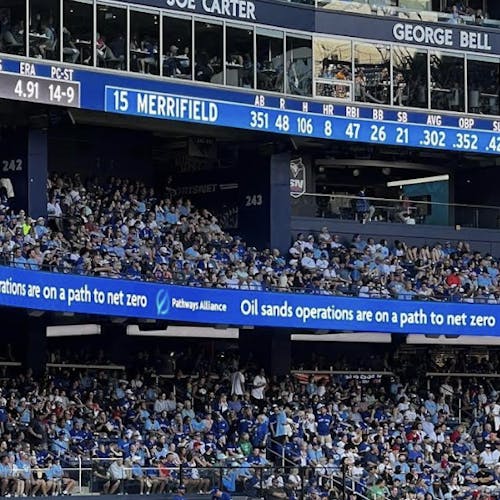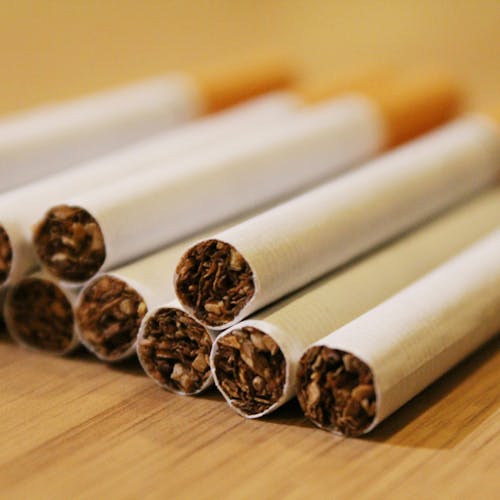Rutgers research finds cold carbonated drinks are better at quenching thirst

Researchers at Rutgers recently discovered that cold, carbonated drinks quench thirst more effectively than warm, non-carbonated drinks.
Paul Breslin, a professor in the School of Environmental and Biological Sciences was a member of the research team behind this report. His academic studies focus primarily on nutritional sciences.
“You are thirsty because your body is sending signals that it needs water or it anticipates that you are going to need water,” Breslin said.
The findings of Breslin's study are presented in an article titled "Oral Cooling and Carbonation Increase the Perception of Drinking and Thirst Quenching in Thirsty Adults."
The piece was published in the Public Library of Science (PLOS), an open access science publication journal.
Breslin said his interest in regulatory physiology prompted him to research the subject.
The research primarily investigated thirst-signaling mechanisms, including the function of temperature sensors. If a liquid is colder or carbonated, it sends a stronger signal that notifies the body of the liquid’s presence, Breslin said.
The publication said sensory clues in the mouth, throat and stomach, create a delay in the sensation of thirst being quenched. As a result, there is a difference between thirst quenching and hydration.
Breslin said if water has not yet been absorbed and distributed through the bloodstream, the brain can still anticipate that it will be absorbed.
To prepare for the study, 98 research subjects abstained from drinking and eating overnight, then ate a small breakfast. When subjects became thirsty, they were given 13.5 ounces of water to drink in a five-minute period.
Some subjects were given room-temperature water, carbonated or plain, while others were given cold water, carbonated or plain. The researchers quantified the subjects’ thirst afterward by noting how much regular water the subjects chose to drink after a short break, according to the article.
The research is interesting because it offers a different perspective on something everyone encounters on a daily basis, said Lauren Holmes, a Rutgers Business School sophomore.
“This explains why they always serve cold drinks at amusement parks,” Holmes said. “I never have the desire to drink room temperature drinks because they definitely do not quench my thirst the way I need them to.”
Holmes said prior to learning about the study, she already preferred cold water, but she still finds the results interesting and reaffirming.
“I feel like for most people, preference for cold water is involuntary,” Holmes said. “Room temperature water is gross. I would rather stay thirsty than drink warm water.”
This is not just a physiological study, Breslin said. The results actually show a conscious allusion towards the different types of water.
“To be honest these results won’t change my drinking habits,” said Sienna Jones, a School of Arts and Sciences junior. “Regardless, I am going to drink whatever I want and I’ll simply just drink enough to satisfy my thirst.”
Breslin said some papers published around the same time as his observed certain neurons in the brain that seem to process the signals.
“The difficult part comes from designing a proper study that has good controls in it," Breslin said, "It is important to think carefully about your question and what is the best design to execute it.”
Kayon Amos is a School of Arts and Sciences sophomore majoring in human resources. She is a contributing writer for The Daily Targum.



